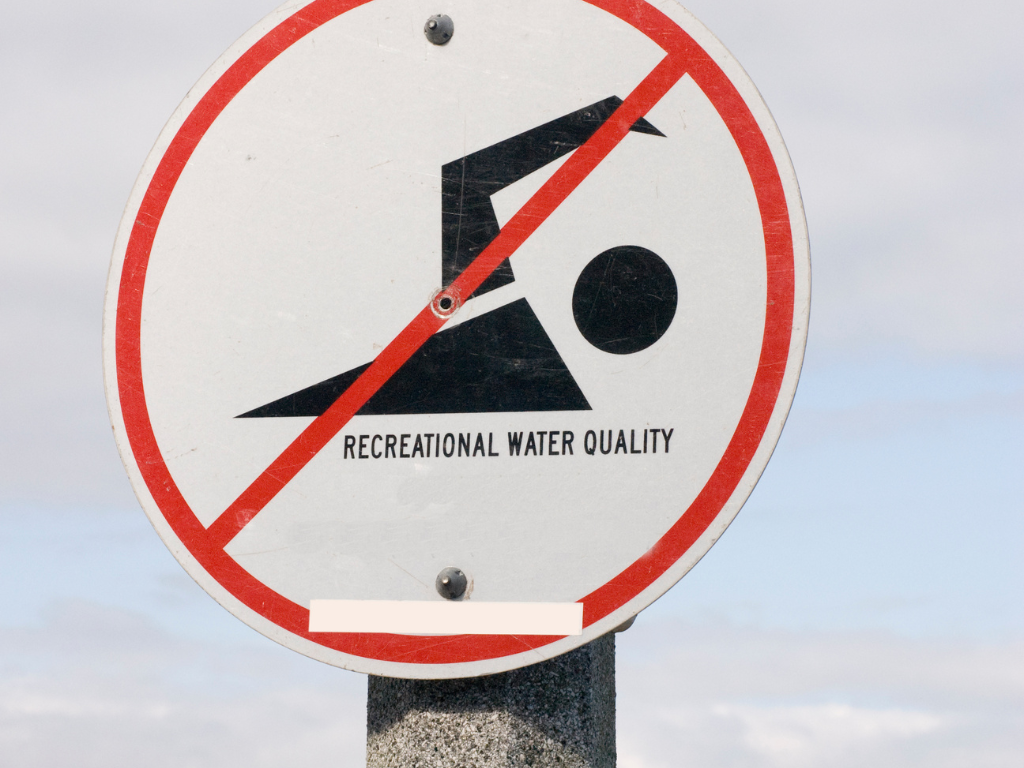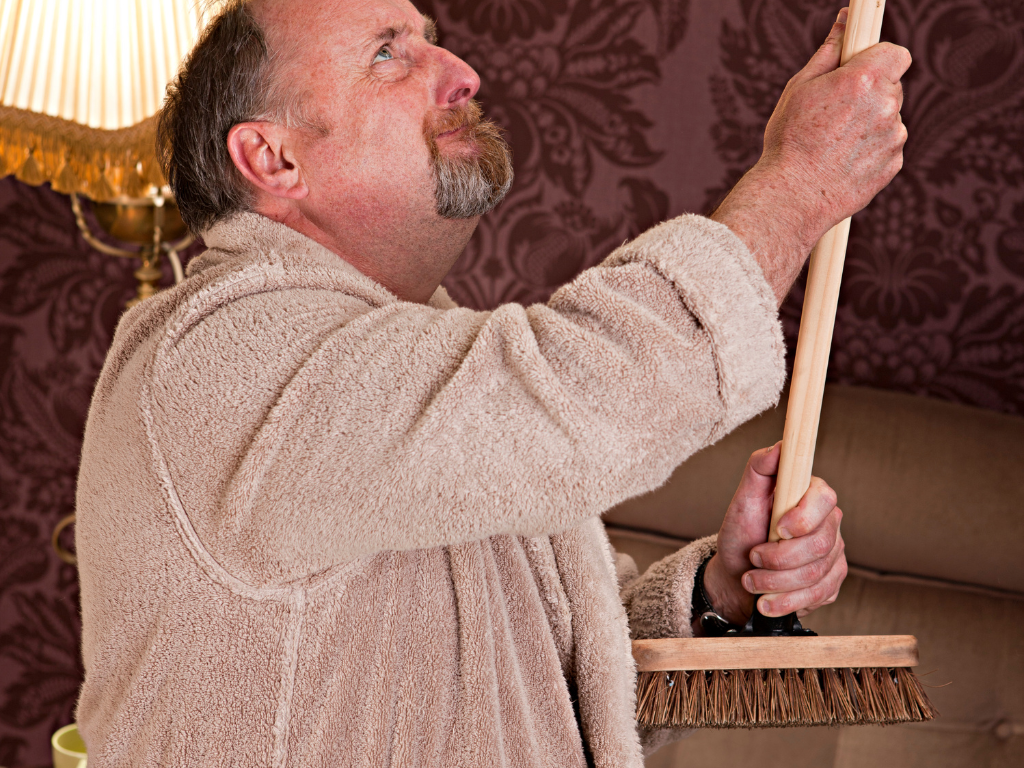Have you ever had this feeling when you travelled somewhere and you were confused? For example, you did or you said a thing that nobody appreciated. Whereas in your country it is definitely natural? In this video, I will tell you 8 things that you shouldn't do if you want to be peaceful in France.
Do not ask the wage to someone that you talk to French
French people don't appreciate being asked how much they earn. It's indiscreet and you'll be perceived as curious.
Open and serve yourself in the fridge to someone else
Most French people don't like their visitors opening and serving themselves in the fridge or in the cupboards without being told to do it. They think that's disrespectful.
Ok if there is someone who spends several days; that's ok they are allowed to grab food in the fridge.
Do not write in red and green
These colours call for correction, the message being illegible to read, it requires more concentration to read it. Some people think that's impolite.
Do not say “tu” to people that you don’t know, above all those who work in the institutions like (administration, police, school…) and elderly people.
That's definitely disrespectful. You must use “vous”.
Swim and fish in unauthorised places
When you want to fish or to swim, you can’t practise wherever you want. Some ponds, parts of the lake are forbidden because that can be dangerous for having a bath. About fishing this could cause an imbalance in the living environment of species living in the water.
Do not make noise at a party or for other reasons from 22:00
Between 10 p.m. and 7 a.m, if you make noise; this will be considered night noise. It is the same for major work done in a dwelling or outside.
Do not criticise French culture and food
The French are quite chauvinistic when it comes to food and culture. If you say that French cuisine is bad as well as their culture and their tradition, you risk offending more than one person and making enemies.
Do not leave without saying thank you and goodbye to the cashier In England, when you say thank you at the cashier that implies you say goodbye. I may seem silly to say this but in France, saying "merci" and "au revoir" (or "à bientôt") are two things to say when you say goodbye to the person who served you at the checkout.

















.png)






